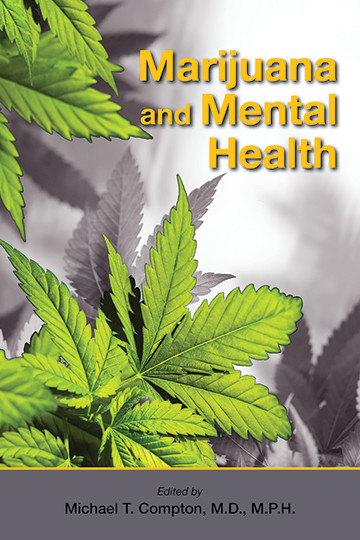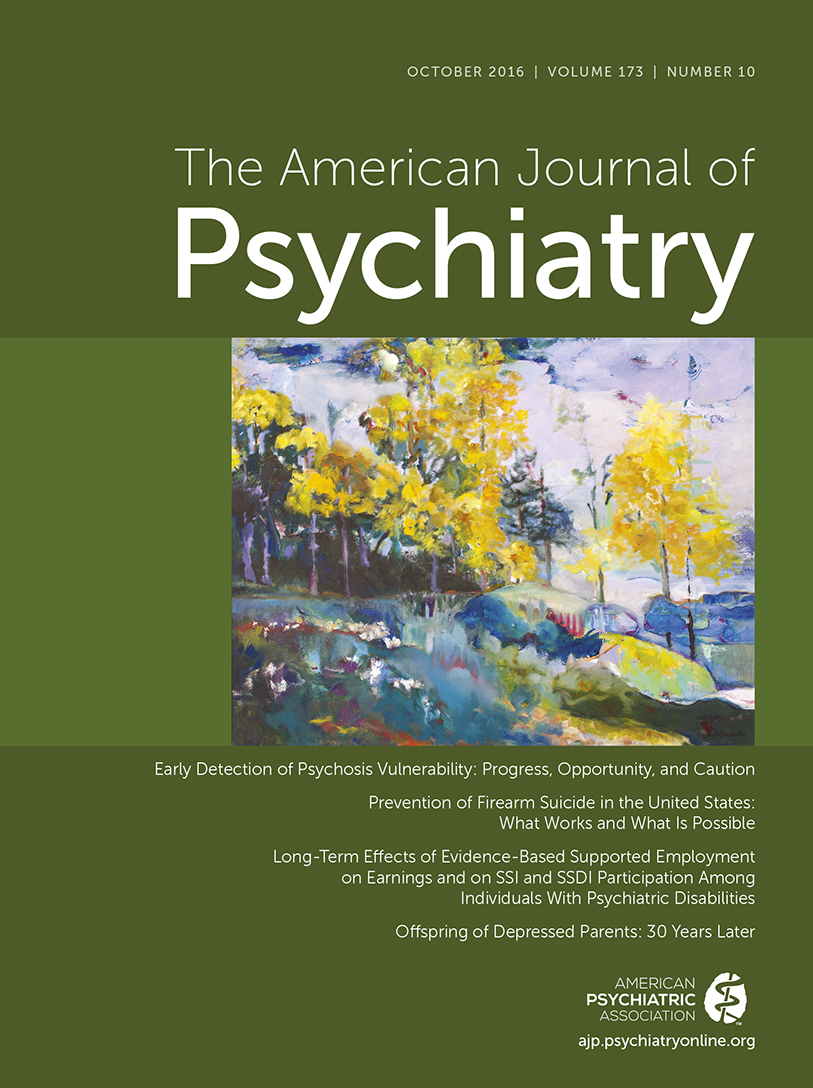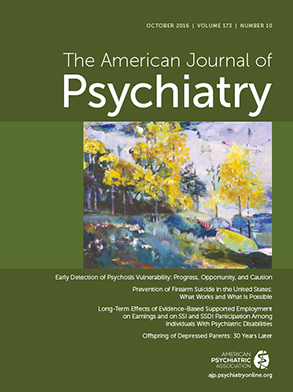Cannabis is the most widely used illicit drug in the world (
1). A recent study analyzing results of two national comorbidity studies found the prevalence of use for U.S. adults more than doubled in the decade between 2001–2002 and 2012–2013. This increase in use has led to a significant increase in those with cannabis use disorders (
2). As more states legalize medical and even recreational marijuana, physicians need to be educated on the facts associated with usage, chemical components, synthetics, side effects of intoxication and withdrawal, comorbidities, and treatments. This knowledge is important for directly educating and treating patients as well as educating the larger population and government because physicians are commonly called upon to aid governments in determining the extent of policy.
I would love to take a poll on how many practicing psychiatrists have not had a patient bring up marijuana use during a session. I would expect this number to be very low. The next question would be for those who have been approached: Do you feel that you had a better understanding of marijuana than your patient? Maybe this review is more of a confession. I have been approached on this topic countless times in outpatient and emergency settings. Living in Colorado, I have seen scores of patients asking for a medical marijuana card. They came equipped with newspaper articles, information from web sites, and their own experiences. Since the legalization of recreational marijuana, I am no longer asked for the card but now, in the emergency setting, I am encountering the mental health sequelae of patients ingesting large amounts of marijuana. Patients often want to discuss the medicinal effects of marijuana but greatly minimize the link to mental health issues such as anxiety, depression, decreased motivation, and psychosis. They appear to be well informed about “ratios,” “types,” and the best time to use each type. This was all very much a foreign language to me. I could only answer in generalizations. I felt outside my depth.
The recent publication Marijuana and Mental Health changed this. Each of the nine chapters goes in-depth about specific topics related to our field. The editor, Dr. Compton, did a very good job allowing for only minimal overlap between chapters and allows each chapter to stand alone without redundancy. After reading this book, I now understand key concepts important in my discussion with patients. One concept is that there is actually a difference in strains, with some being more stimulating and others more relaxing. Also, marijuana has many active ingredients, with effects associated with differing ratios of two prominent components of marijuana: Δ9-tetrahydrocannabinol and cannabidiol. This text also delved into topics around policy, comorbidities, prevention, and treatment. In my general knowledge of marijuana, I understood that use of this drug could help with specific conditions related to inflammation and nausea. Now I understand why.
Though delving into science, this book is an easy read, with each chapter opening with a clinical scenario and having a fair balance of text, tables, and figures. The figures helped easily explain the more complex scientific concepts. This text is apolitical with no other agenda than to help “improve public health and strengthen individuals and communities” (p. xii).
After having read this text, I have already been referring colleagues. In my current work in emergency psychiatry, I mostly see the extreme negative effects associated with psychosis. Because of this, my view has narrowed over the years, and my conversation become more one-sided. This book has helped me expand the conversation.


